Dimorphotheca Problems – Troubleshooting Cape Marigold Issues
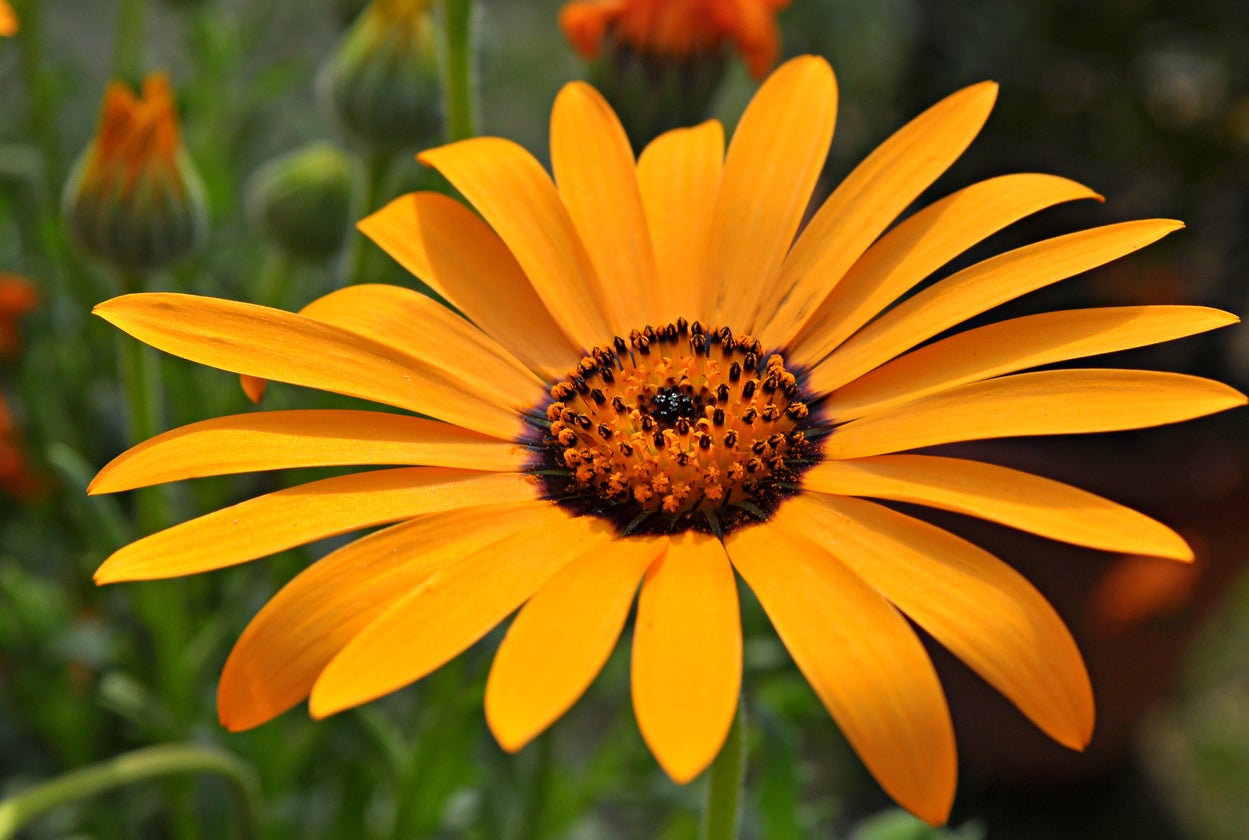

Cape marigold (Dimorphotheca), with a spring and summer daisy-like bloom, is an attractive plant and easy to grow. Sometimes, too easy, as it may spread and naturalize into nearby fields and meadows. Also called rain daisy or weather prophet, there are a few varieties of cape marigold but none are related to the marigold in spite of its most common moniker. Cape marigold problems aren’t common, but the minor issues below may affect them.
Problems with Cape Marigold Plants
Given the right conditions, problems with cape marigold may begin with their invasion and stopping it. Confine them to appropriate spots in the landscape where they can be easily contained. Deadhead regularly to prevent their spread. Soil that is too rich creates Dimorphotheca problems. This flower grows well in sandy, well-draining soil and will even grow in amended clay. An attractive covering of mulch helps retain moisture. If you’re asking what’s wrong with my cape marigold, because it is overgrowing and flopping, the soil may be too rich. Problems with cape marigolds not blooming during the hottest days of summer sometimes arise. Continue to water lightly. Blooms often return when temperatures fall back around 80 degrees F. (27 C.) or less. Cape marigold problems may include aphids drawn by tender, young foliage. If you see a swarm in that area of your plants, blast them off with the garden hose. If plants are too tender for this treatment, spray with insecticidal soap, or neem oil. Keep an eye out for them on nearby plants, as they may swarm around those too. Release a stand of ladybugs in your flower beds to make short work of bothersome aphids. Don’t allow crowding in your beds when growing this African daisy relative. Cape marigold issues include fungal disease, so good air circulation is vital. Water at the roots, since getting foliage wet increases chances of fungal issues. If you see powdery mildew on the leaves, treat with horticulture soap spray.
Gardening tips, videos, info and more delivered right to your inbox!
Sign up for the Gardening Know How newsletter today and receive a free copy of our e-book "How to Grow Delicious Tomatoes".

Becca Badgett was a regular contributor to Gardening Know How for ten years. Co-author of the book How to Grow an EMERGENCY Garden, Becca specializes in succulent and cactus gardening.
-
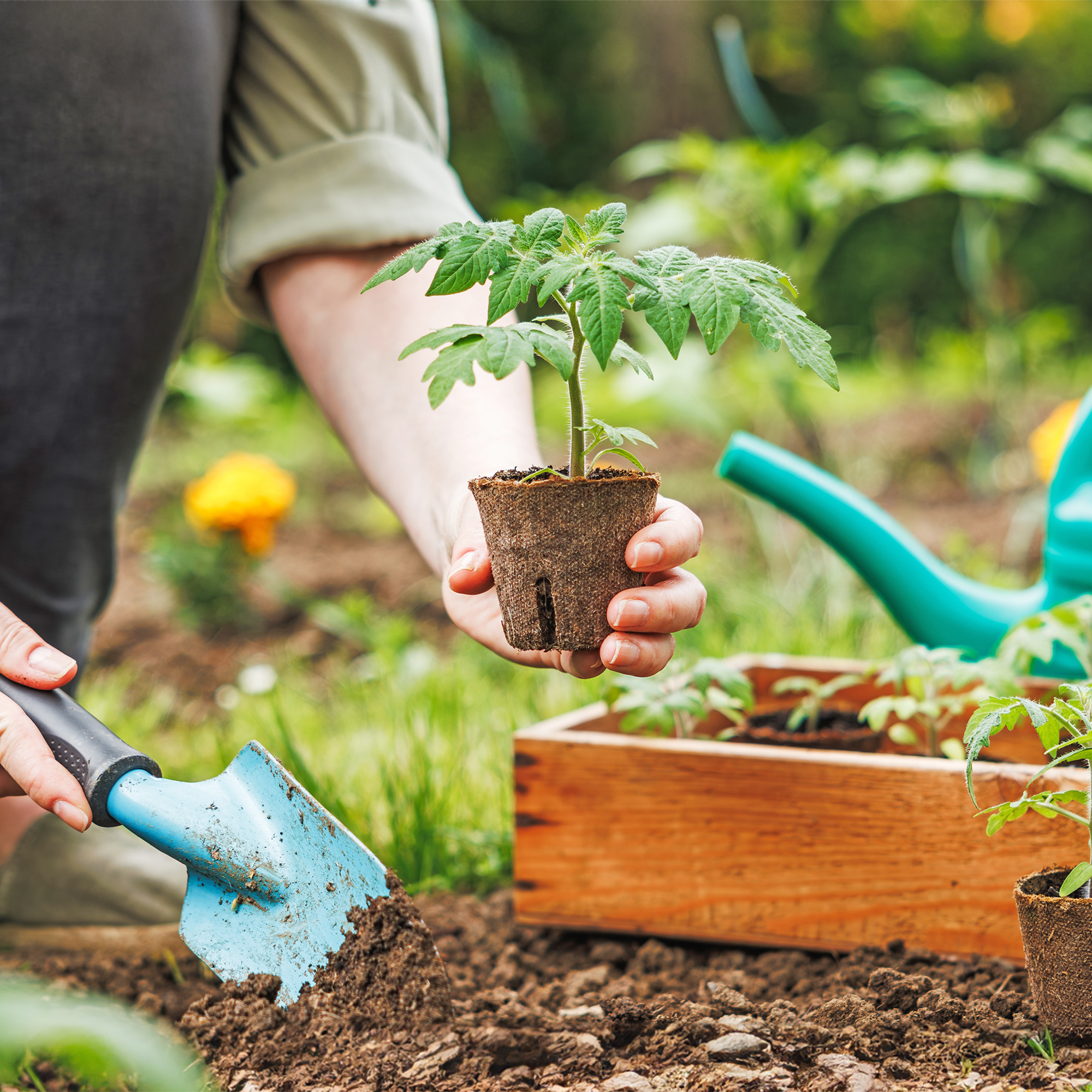 Never Plant Seedlings Until They Pass These 3 Simple Tests
Never Plant Seedlings Until They Pass These 3 Simple TestsDon't be over-eager to transplant seedlings into the garden before they are ready. These quick and easy checks will help ensure flourishing plants.
By Mary Ellen Ellis
-
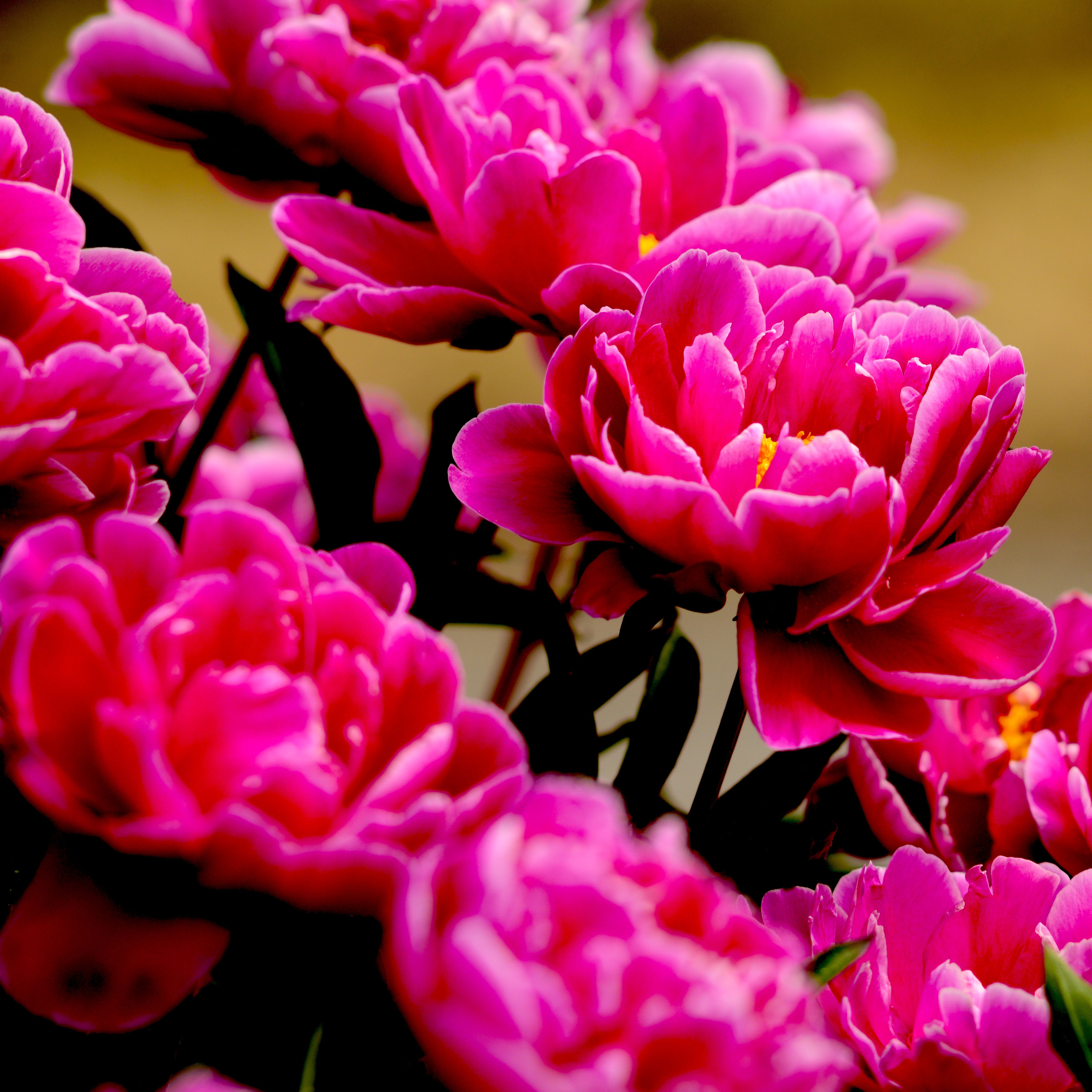 Grow ‘Karl Rosenfield’ Peony Plants For The Ultimate Frilly Border Beauties And Cut Flowers
Grow ‘Karl Rosenfield’ Peony Plants For The Ultimate Frilly Border Beauties And Cut FlowersFor frilly double magenta peony petals infused with a heady fragrance, grow ‘Karl Rosenfield’ peony plants. Here’s how to cultivate the ultimate plushy blooms
By Tonya Barnett
-
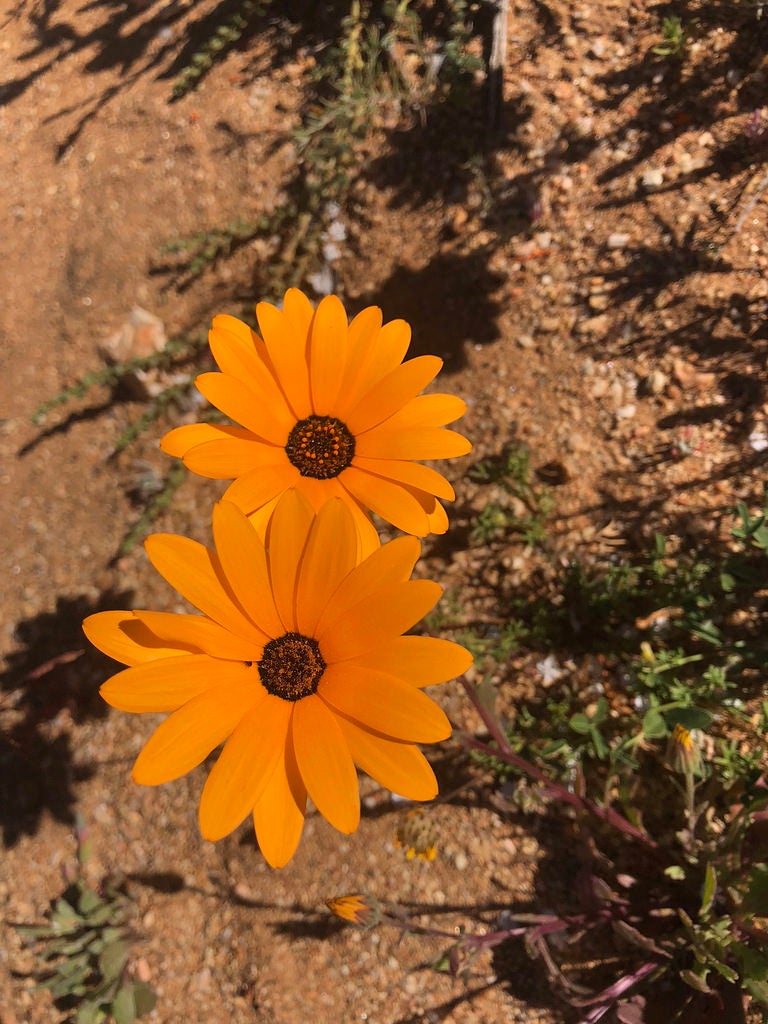 Cape Marigold Propagation – How To Propagate African Daisy Flowers
Cape Marigold Propagation – How To Propagate African Daisy FlowersAlso known as African daisy, cape marigold (Dimorphotheca) is an African native that produces masses of beautiful, daisy-like blooms. Cape marigold propagation is easy if you can provide plenty of sunlight and well-drained soil. Learn how to propagate it here.
By Mary H. Dyer
-
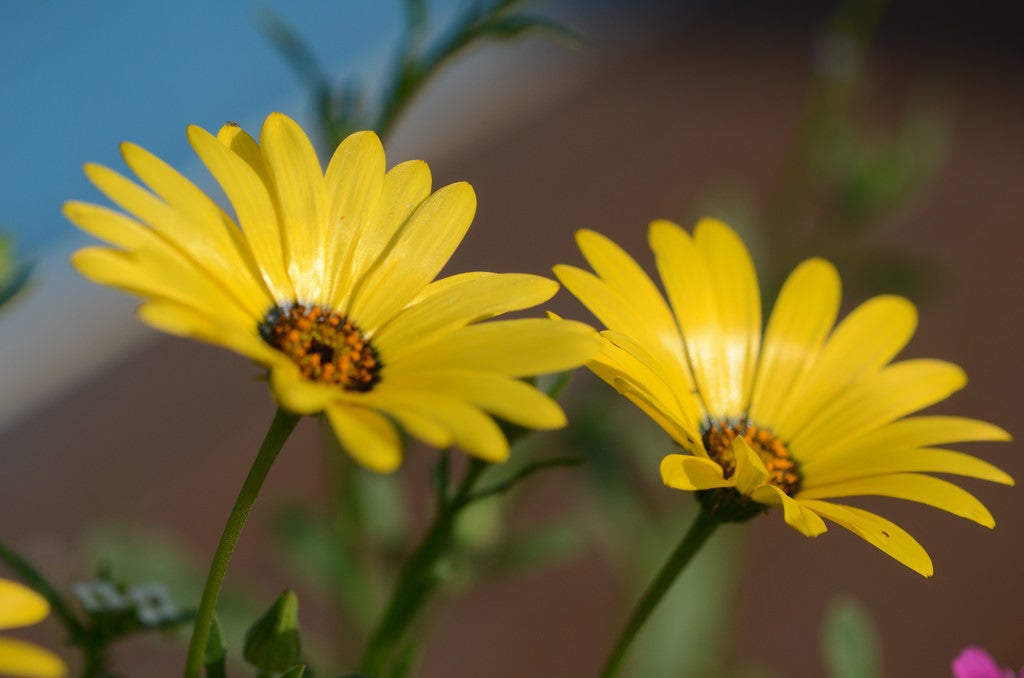 Planting Cape Marigold Seeds: How To Sow Cape Marigold Seeds
Planting Cape Marigold Seeds: How To Sow Cape Marigold SeedsWhere you live and what your climate is like will determine whether you grow cape marigold as a summer or winter annual. Planting cape marigold seeds is an inexpensive way to get started with this pretty flower. This article will help with that.
By Mary Ellen Ellis
-
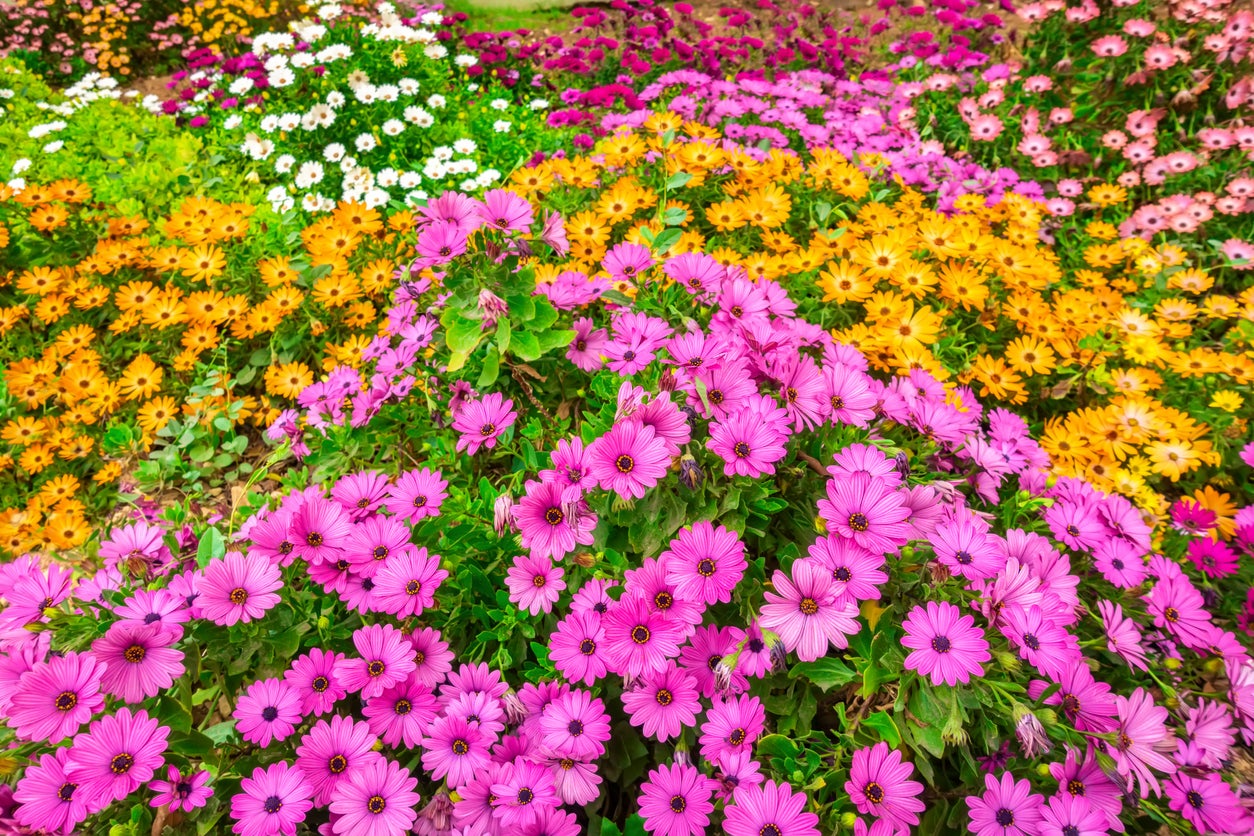 Cape Marigold Varieties: Learn About Different Types Of African Daisies
Cape Marigold Varieties: Learn About Different Types Of African DaisiesCape marigolds are always a go-to plant for container designs. Of course, the key to a perfect container design is selecting the perfect varieties of these annual plants. Take a closer look at some of the many available cape marigold varieties in this article.
By Darcy Larum
-
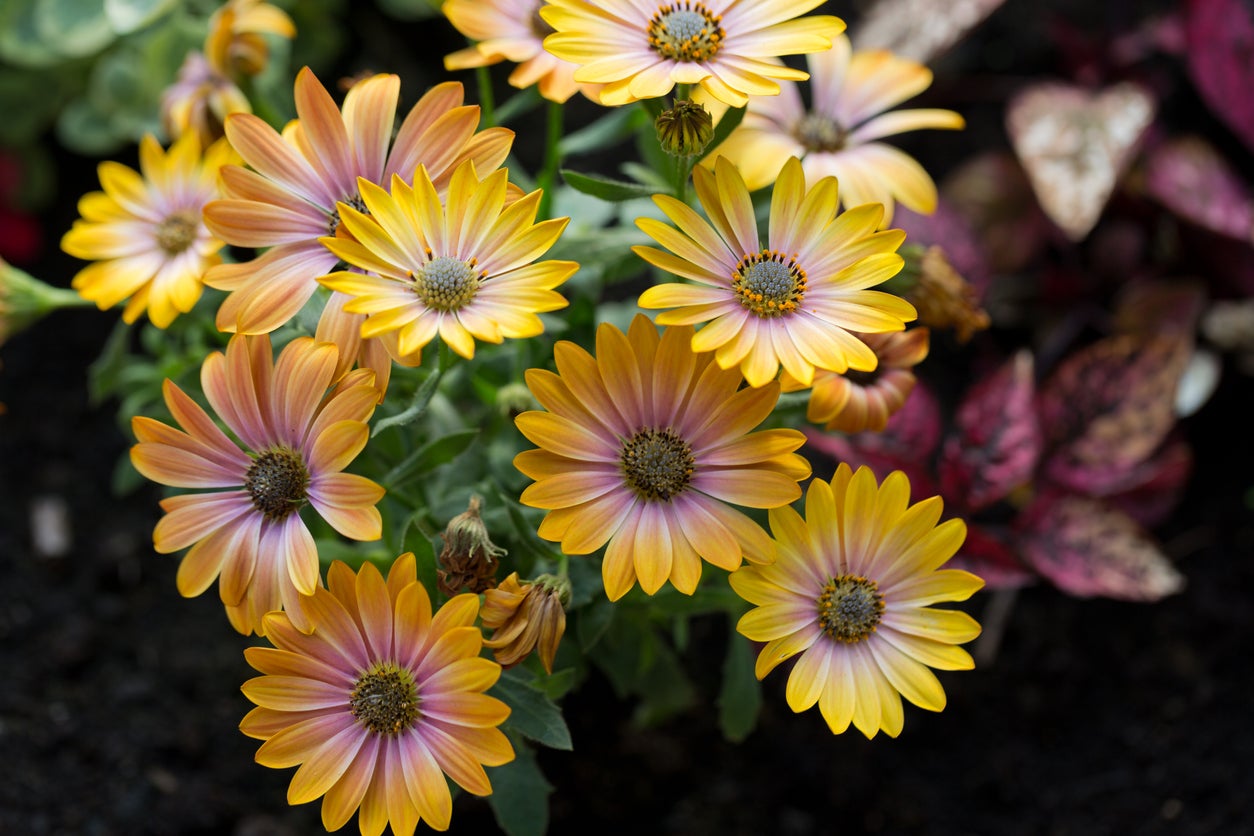 Can You Grow Cape Marigold Cuttings: How To Root Cape Marigold Cuttings
Can You Grow Cape Marigold Cuttings: How To Root Cape Marigold CuttingsIt is easy to get carried away and spend a fortune on small starter cape marigold plants each spring. However, hands-on, budget-minded gardeners may prefer to only buy a few and propagate more cape marigolds from cuttings. This article will help with that.
By Darcy Larum
-
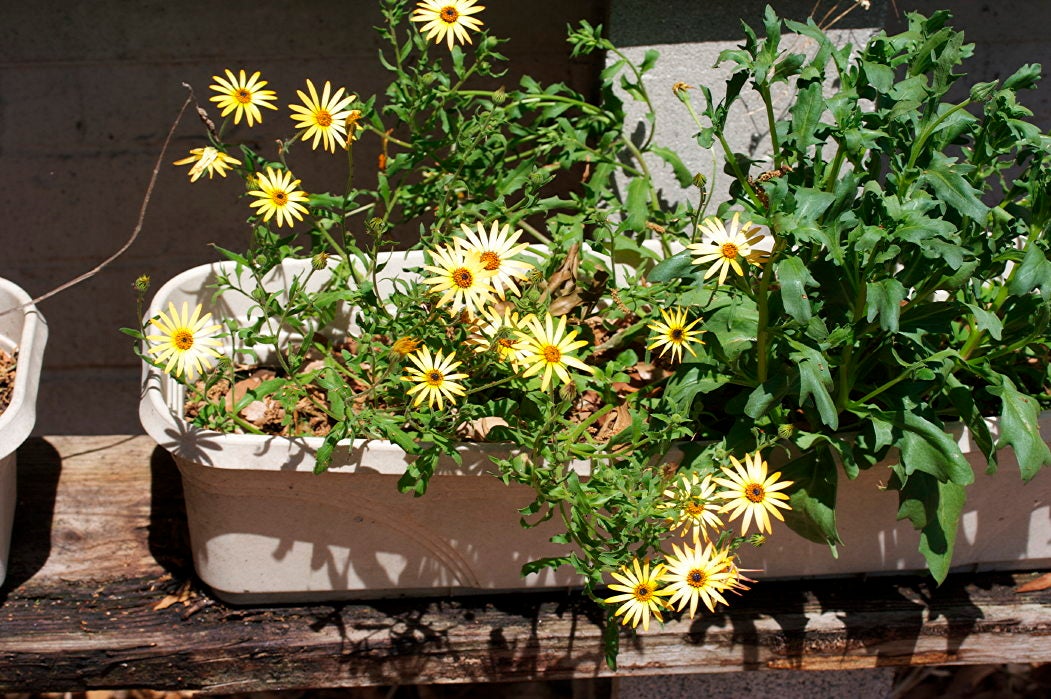 Feeding Cape Marigolds: How To Fertilize Cape Marigolds
Feeding Cape Marigolds: How To Fertilize Cape MarigoldsBeginner gardeners are able to have great success when planting flowers that are robust and tolerant to adverse conditions. The cape marigold, rewards growers with bright and cheerful flowers, and both watering and feeding cape marigolds couldn’t be easier. Learn more here.
By Tonya Barnett
-
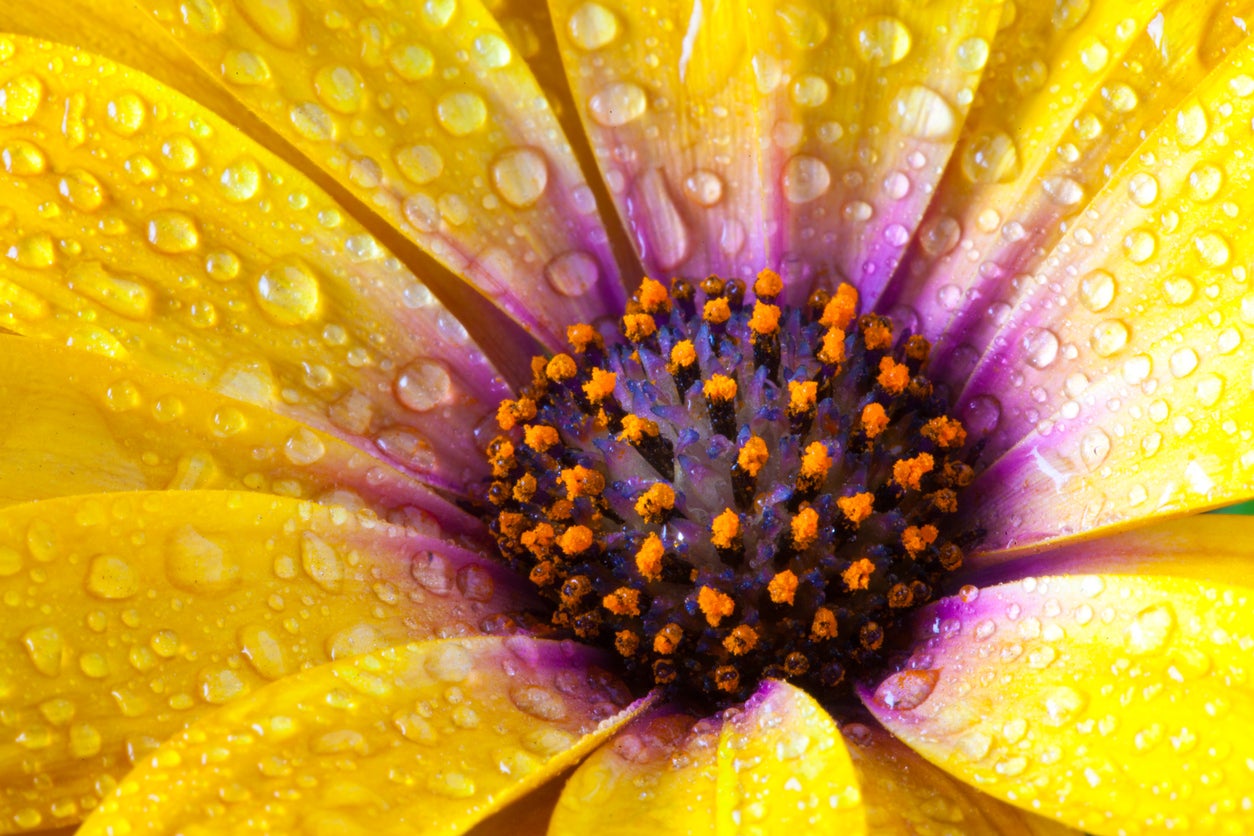 Cape Marigold Water Needs – Learn How To Water Cape Marigolds
Cape Marigold Water Needs – Learn How To Water Cape MarigoldsWith a more vital focus on today’s water use, many drought conscious gardeners are planting landscapes that require less irrigation. Dimorphotheca, also known as the cape marigold, is a perfect example of a flower which thrives with minimal watering. Learn more here.
By Tonya Barnett
-
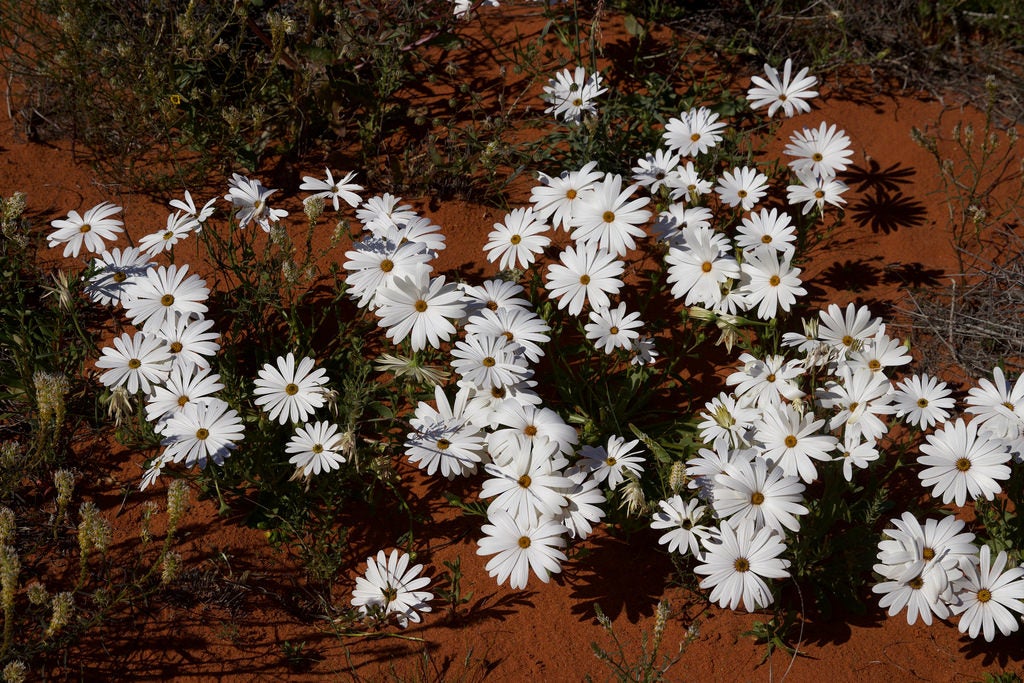 What Is Dimorphotheca: Learn About Dimorphotheca Flowers
What Is Dimorphotheca: Learn About Dimorphotheca FlowersGrowers who choose to start plants from seed enjoy greater variety, as well as the pride that comes from crafting their own landscapes. One flower, Dimorphotheca, is a perfect example of a flower that can easily be started from seed. Learn more about it in this article.
By Tonya Barnett
-
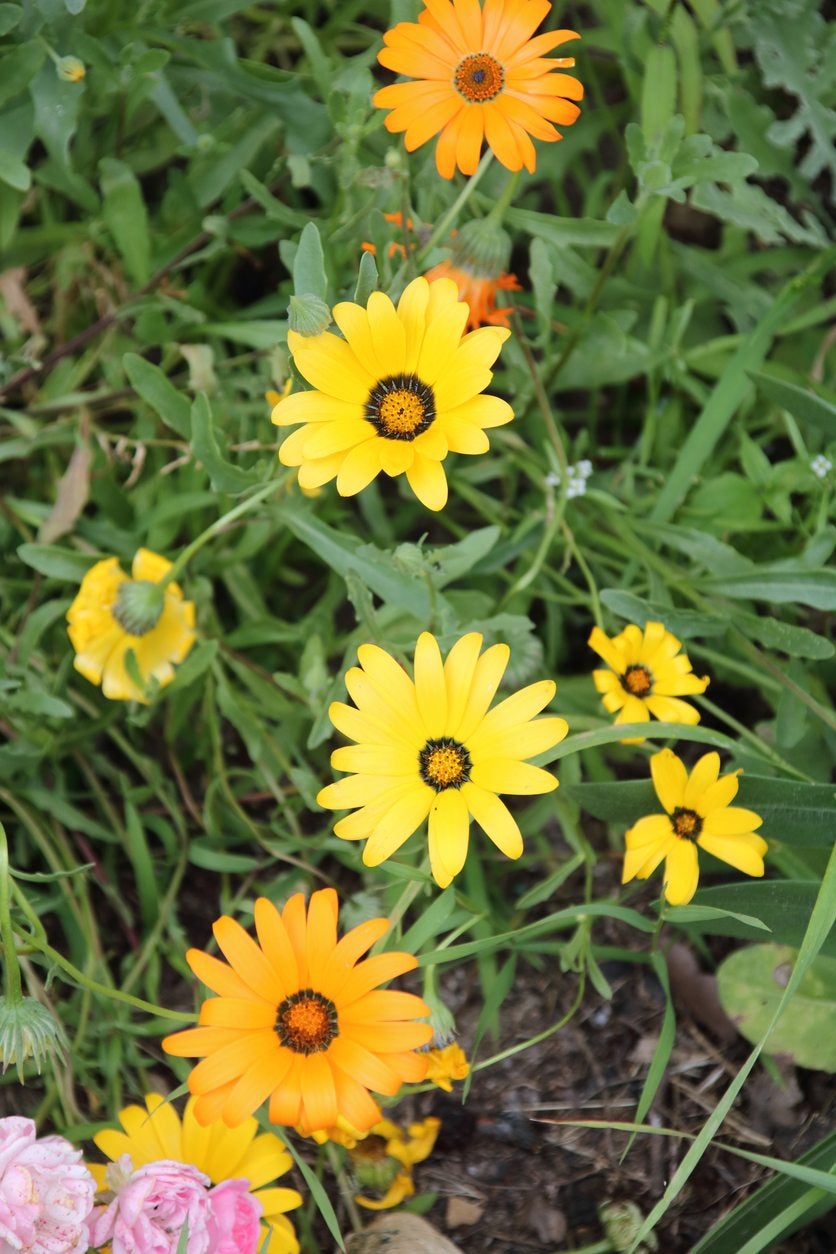 Cape Marigold Information – Growing Cape Marigold Annuals In The Garden
Cape Marigold Information – Growing Cape Marigold Annuals In The GardenWe're all familiar with marigolds - sunny, cheerful plants that brighten the garden all summer long. Don't, however, confuse those old-fashioned favorites with Dimorphotheca cape marigolds, which are a different plant altogether. Learn more here.
By Mary H. Dyer